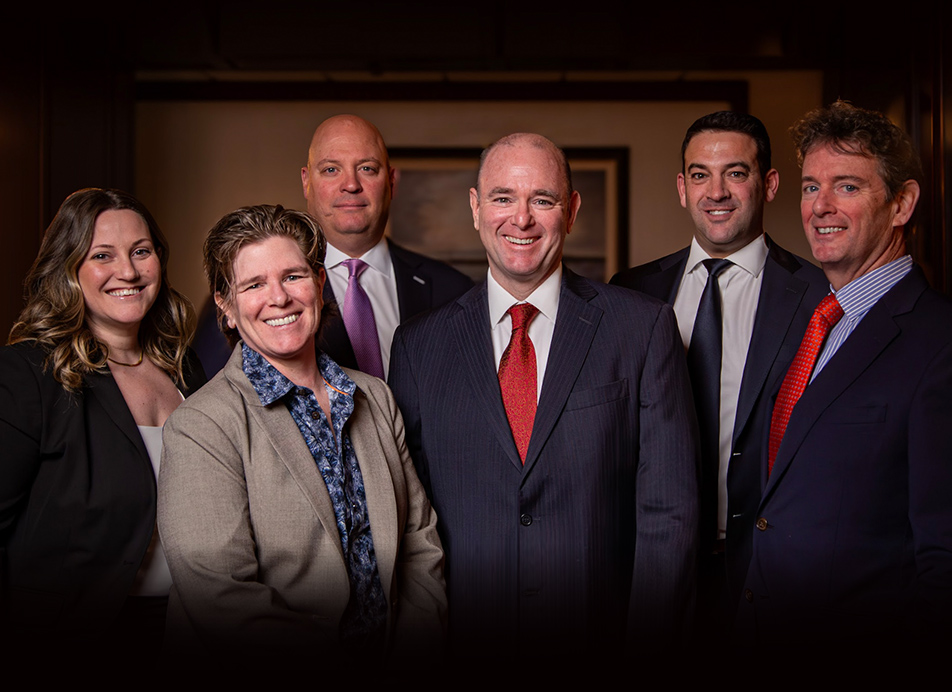When a nursing home resident’s rights to appropriate medical care are not met, the resident (or a member of the resident’s family acting on his or her behalf) may opt to bring suit against the facility, seeking damages in a court of law. Once suit is filed, the parties engage in discovery, a phase of litigation in which each side finds out more about the other’s position through the exchange of documents and interrogatories, as well as the taking of depositions.
In most cases, the defendant will at some point file a motion for summary judgment, arguing to the trial court that there are no genuine issues of material fact and that the defendant is entitled to judgment as a matter of law. The plaintiff must respond to the motion, explaining why the case should proceed to trial rather than be dismissed upon the defendant’s motion. It is up to the trial court to decide whether the defendant is entitled to complete or partial summary judgment or whether the case should proceed to trial.
The Facts as Alleged by the Plaintiff
In the case of Peters v. Nesconset Ctr. for Nursing & Rehabilitation, the plaintiff administratrix’s decedent, a 79-year-old man with Alzheimer’s dementia, was confined in the defendant nursing home from January to July 2010. During his stay, the decedent received nutritional feedings via a PEG tube, including 2500 cc of water daily. These were documented as being duly administered.
After the decedent’s BUN elevated and he showed poor creatinine levels, he was transferred to a hospital. There, both his BUN and creatinine levels worsened, and he died some six days after leaving the defendant’s facility. The administratrix filed suit in the Supreme Court of Queens County, seeking both compensatory and punitive damages.
The Defendant’s Motion for Summary Judgment
The defendant sought summary judgment, tendering affidavits by a doctor and a registered nurse allegedly demonstrating that they were not negligent in the care and delivery of nursing home services to the decedent and that the alleged deficiencies were not the cause of the decedent’s death. The plaintiff countered with an expert witness’ affidavit to the effect that it was “physiologically impossible” for the decedent to have received the amount of water documented in his medical records, given his laboratory values, and that he may have died from dehydration.
In an unpublished opinion, the trial court found that the plaintiff had met her burden of showing that triable issues of fact remained in the case. Therefore, the defendant’s motion for summary judgment was denied, except with respect to punitive damages. The court found that there was no evidence of willful or reckless conduct to support the plaintiff’s claim of gross negligence by the defendant.
Schedule a Consultation with a Knowledgeable Long Island Nursing Home Attorney
To speak to an experienced nursing home negligence attorney about your suspicions of the neglect, mistreatment, or abuse of a loved one confined to a New York nursing facility, call the compassionate and experienced legal team at Duffy & Duffy at (516) 394-4200 today. The New York statute of limitations restricts the time limit for filing a claim for negligence against a nursing home, and a delay in filing can mean no recovery. We represent clients throughout Long Island, including Kings County, as well as the Bronx and Queens.
Related Blog Posts

